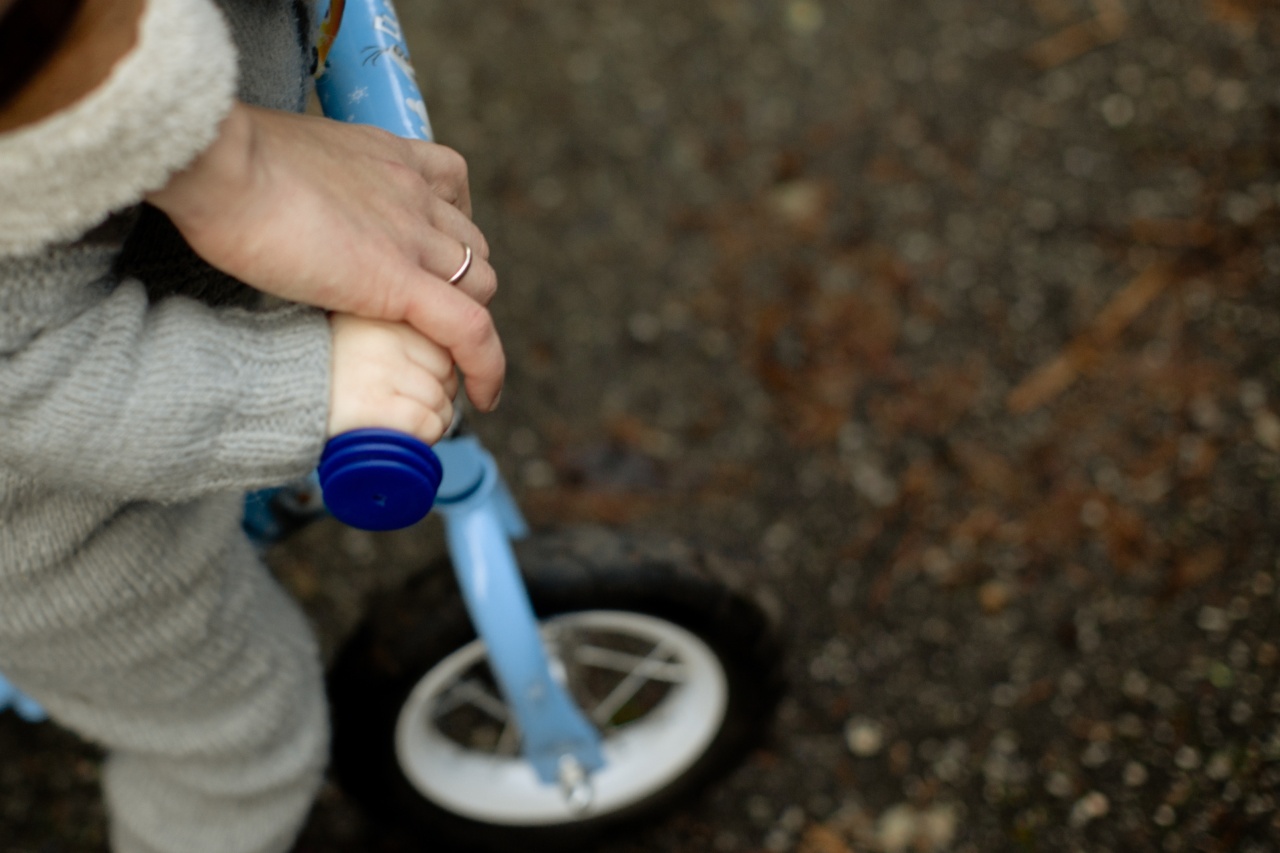Divorce can be a difficult time for both parents and children. While parents may feel like they are going through a rough patch, children may experience significant emotional, social and psychological struggles.
It’s essential to understand that children do not have the cognitive and emotional capabilities to deal with the complexities that come with divorce. So, it’s up to the parents to guide their children through this difficult process. Here are eight ways to help your children through divorce:.
1. Get Professional Help
Divorce can be a complex process, and it’s a good idea to get professional help. Counselling and therapy can help you sort out your feelings, allowing you to be there for your children during this difficult period.
Additionally, therapy can help children deal with the emotional stresses that come with divorce.
2. Communicate with Your Children
It’s important to listen to your children carefully and allow them to express their feelings. Have honest conversations with them about the divorce, even if it’s uncomfortable.
Be truthful and clear about the changes that are expected to occur. However, keep in mind that children do not need to know all the details or reasons for the divorce because it might be too overwhelming for them.
3. Keep Regular Schedules
When possible, keep your children’s schedules and routines the same as they were before the divorce. Children thrive in stable environments, and routine can help them feel secure.
If there are changes in the schedule, try to give as much notice as possible.
4. Avoid Negative Talk
Avoid negative talk about your former partner, particularly in front of your children. Speaking negatively about your former partner can affect their self-esteem while creating unnecessary stress and pressure for them.
Instead, keep your opinions about your former partner to yourself or close friends.
5. Allow them to Express their Feelings
Children process emotions differently, and it’s essential to let them express their feelings about the divorce. Avoid telling them how they should feel; this can cause them to become confused and resentful.
Create a safe and supportive space for them to vocalize their frustrations, heartaches, and fears.
6. Be Supportive
Children need the support and assurance of both parents, especially during a divorce. Reassure them that you both still love them, and the divorce is not their fault.
Be present in their lives and attend their extracurricular activities, parent-teacher meetings and other events that matter to them.
7. Don’t Involve Your Children in Adult Matters
Divorce can be complicated, but it’s important not to involve your children in adult matters. Don’t have your children act as a mediator between you and your former partner.
Your children should never feel the pressure to take sides or be responsible for any division of property or assets.
8. Create New Traditions
Divorce marks the end of an era, and it’s essential to help your children transition to a new life.
Create new traditions and activities that you can share with your children, as these activities can act as a source of comfort and support during a challenging time.
Divorce can be a challenging time for both parents and children, but with the right support and guidance, your family can still thrive.
Remember to create a stable and supportive environment for your children and prioritize their emotional and psychological well-being.





























